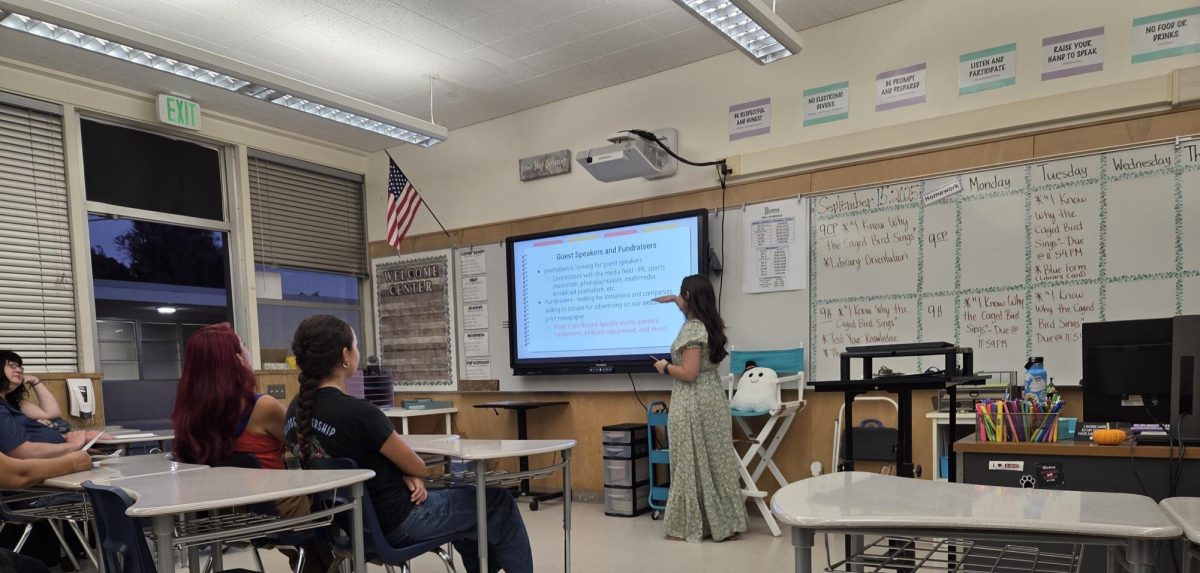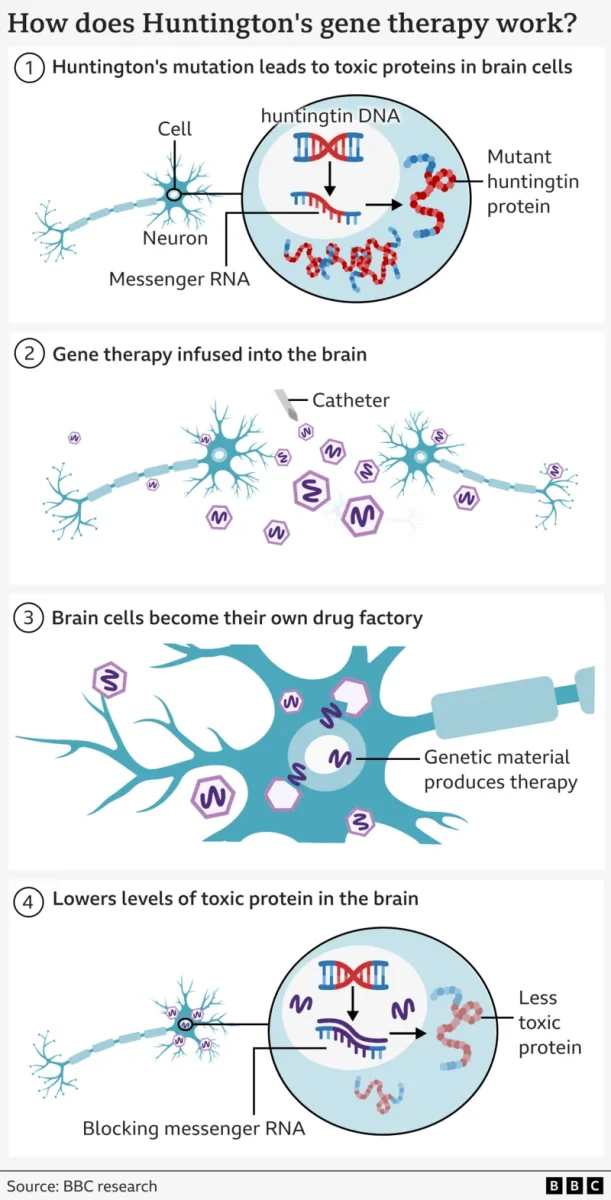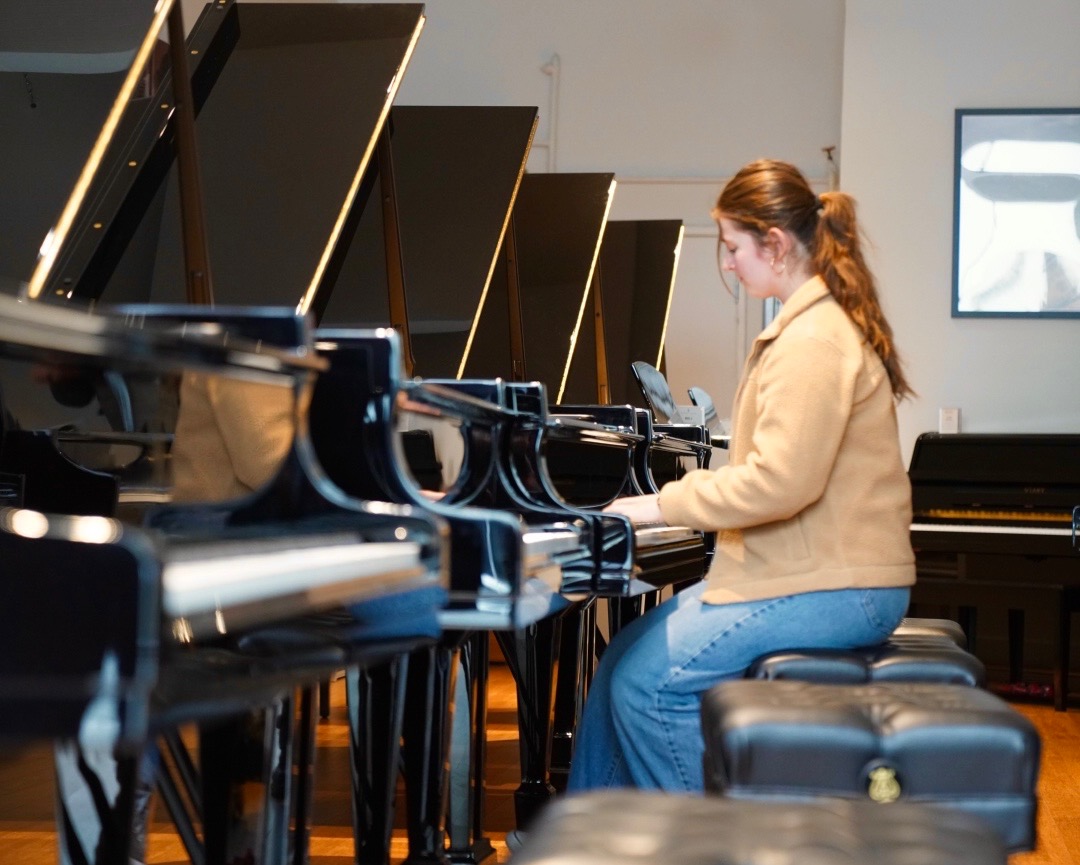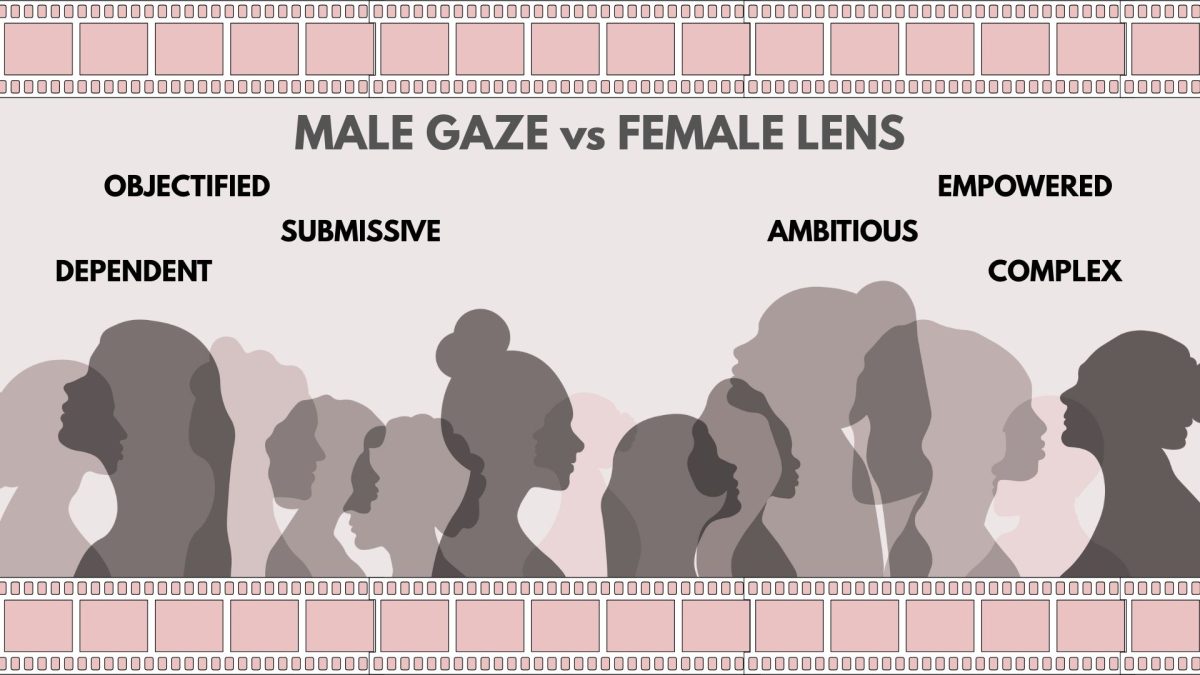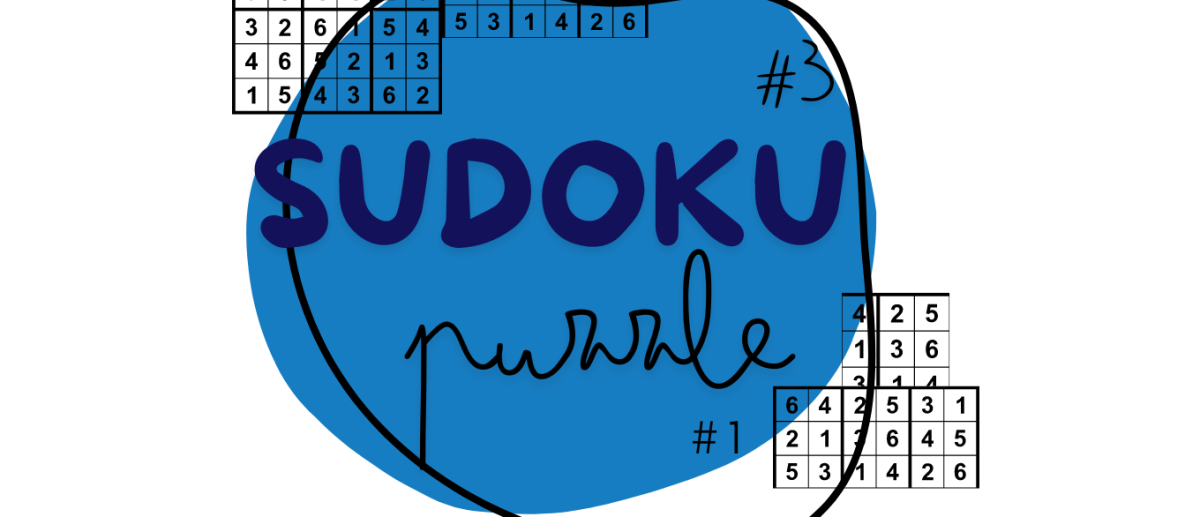The Science of Screen Time: The vicious cycle of online learning
Due to distance learning, students have to face hours in front of the computer screen.
March 29, 2021
According to businessinsider.com, “ most Americans spend more than seven hours a day staring at digital screens”. More importantly though, this is changing our bodies and possibly our brains. Due to distance learning, students and teachers spend even more hours staring at their computer screen which can lead to lasting effects.
As mentioned by EdSource.org, “remote learning can require up to four hours of live instruction a day and that does not include the time required to do homework that must be completed on a computer.”
After live-zoom instruction, students have to continue to work on their computer in order to complete the asynchronous work assigned by their teachers. However, this year more than ever students struggle to find the motivation. The lack of motivation accompanied by the feeling of mental, physical or emotional exhaustion, otherwise known as burnt out.
“I thought I was at my lowest and then the pandemic hit and then I really found out what my lowest was,” senior Alexa Diaz Sanchez said. “[My lowest was] not having the motivation to do anything…I lost sight of what my goal was.”
Many others feel burnt out and unmotivated like Diaz Sanchez. Feeling burnt out physically could be connected to the screen time students have now had to dramatically increase due to online learning.
According to doctors at the University of Pittsburgh Medical Center, “Spending too many hours staring at a screen can cause eye strain. You tend to blink less while staring at the blue light from a screen, and the movement of the screen makes your eyes work harder to focus… All these issues add up and can lead to lasting effects on your vision”.
If one does not take the proper precautions, such as adjusting the lighting, getting blue light filtered screens or glasses, and giving your eyes a break for example, you can develop what is called Computer Vision Syndrome. Some common symptoms include headaches, blurred vision, back and neck pain. The effects could worsen when students or teachers are working at night.
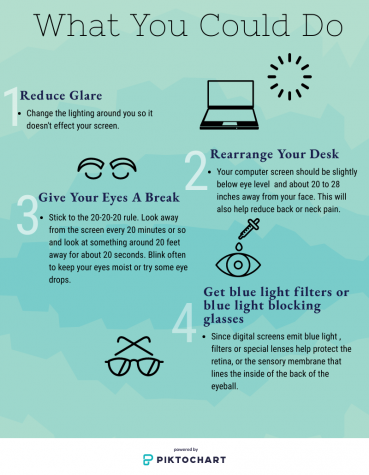
According to businessinsider.com, “a problem occurs when we use our screens at night. Typically, when the sun sets, we produce the hormone melatonin. This hormone regulates our circadian rhythms, helping us feel tired and fall asleep. But many studies have found that blue light from screens can disrupt this process.”
Sleep is essential to maintain good health which directly relates to your ability to learn. When an unmotivated student is staring at a screen before bed, typically they will not be able to get the best quality of sleep, which ultimately reflects on their attention span and motivation.
If students manage their time wisely they can get enough hours of restful sleep, and have a productive day. Nonetheless, it could be challenging to be disciplined and establish a routine, but it will boost your self-esteem and motivation.
“Routines help!” Diaz Sanchez said. She also added how getting a change of scenery, journaling and waking up early dedicating the first hour to yourself will clear your mind and allow you to concentrate on the work that follows.


